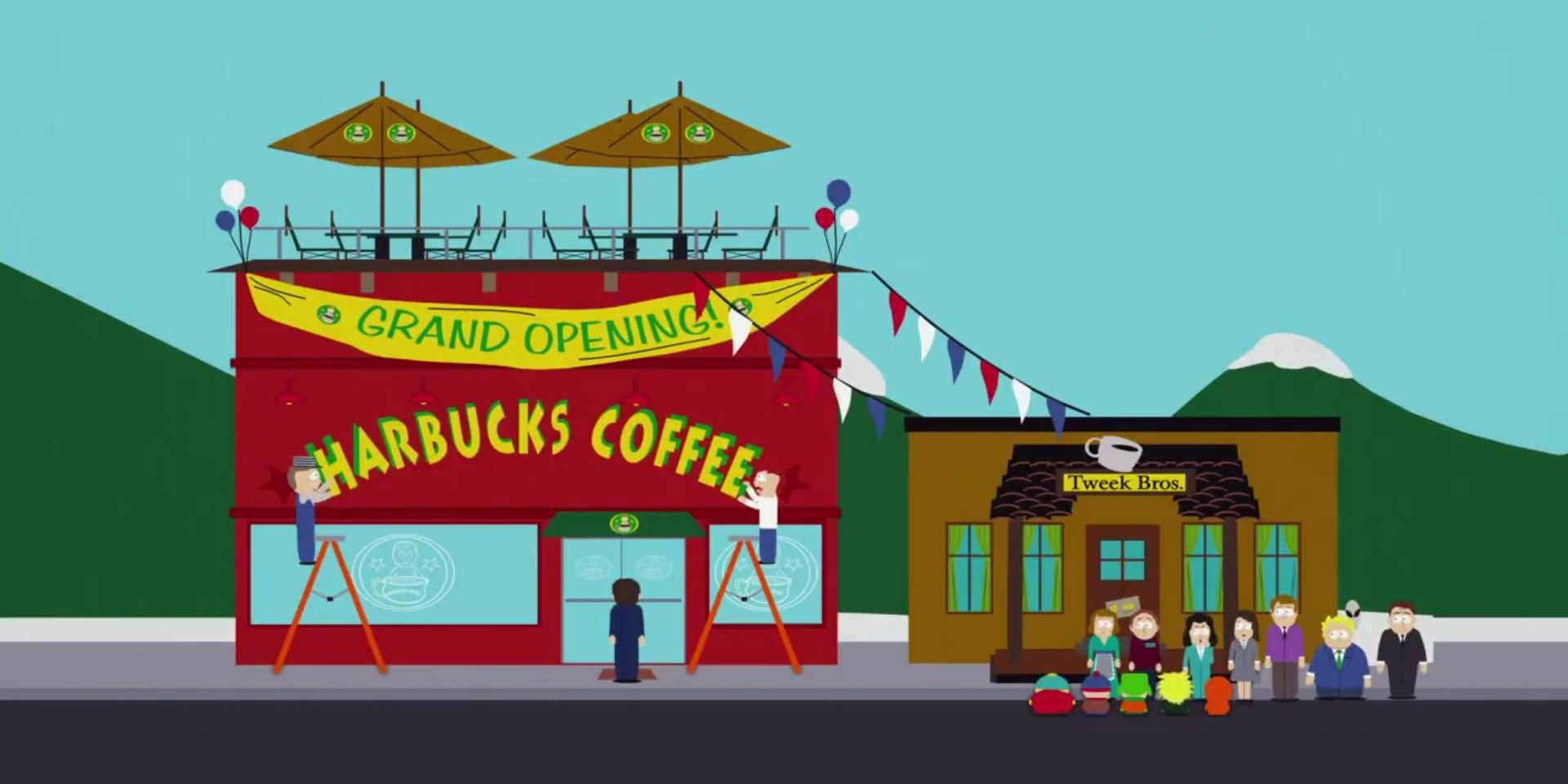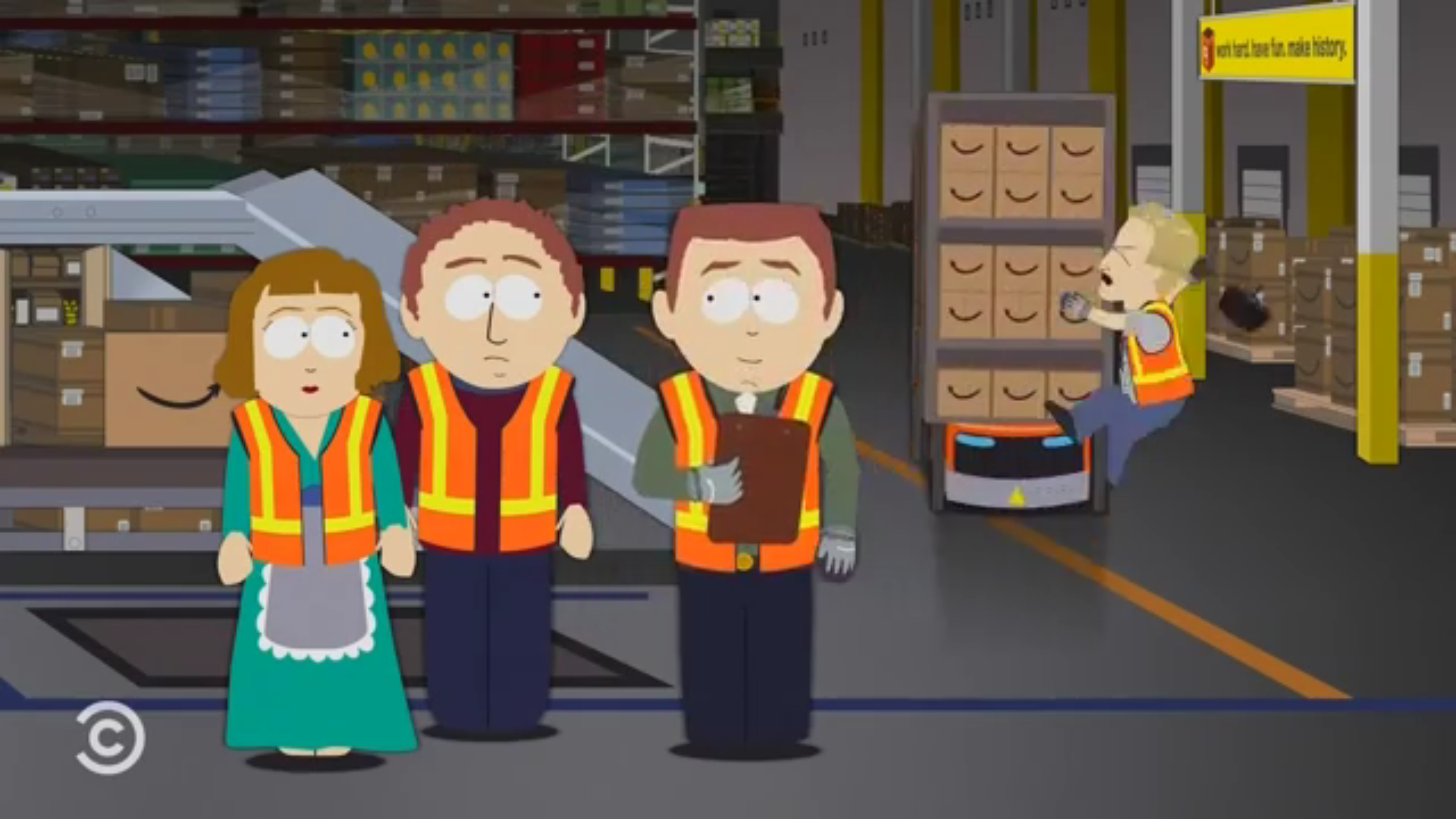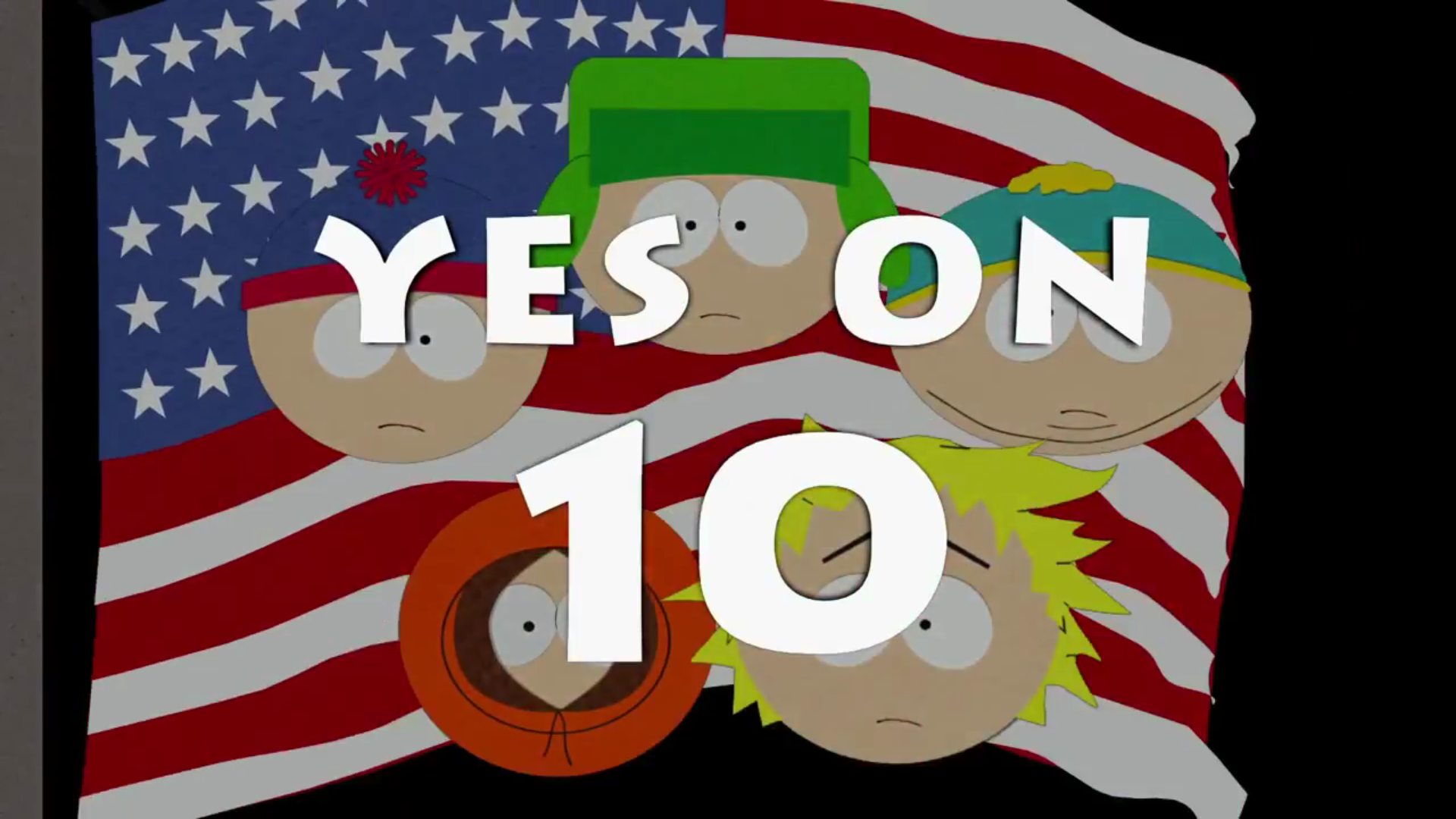
Since its 1996 debut, South Park has maintained a reputation for its sardonic political satire. While the show mostly remains true to its ethos, its views have definitely shifted over the past 25 years. South Park's opinion on big businesses changed drastically between season 2's "Gnomes" and season 22's "Unfulfilled:" the former promoted large corporations, while the latter ruthlessly mocked them.
In "Gnomes," Stan, Kyle, Kenny, Cartman, and Tweek team up for a presentation to help Mr. Garrison keep his job. Tweek's parents own a small coffee shop, which his father fears will be forced out of business by Harbucks, a massive coffee chain building a new location right next to their small business. After the schoolchildren fail to get any work done while waiting for "underwear gnomes," Tweek's father decides to write the boys' report for them, which turns the project into an anti-corporate manifesto. The boys' presentation persuades a local committee to back a proposal that would push out Harbucks. Eventually, the "underwear gnomes" reveal themselves to the children while teaching them how big businesses operate, which causes them to change their presentation. At the end of the episode, the town realizes that Harbucks's coffee is simply better than Tweek Bros. Coffee, and Tweek's father is chosen to run the South Park Harbucks.

"Gnomes" gets its point across by poking a little fun at big businesses while criticizes the hypocrisy of opportunistic small business owners like Tweek's father. In contrast to the wholesome, squeaky-clean image of small business owners typically seen in media, Richard Tweak is selfish and manipulative, exploiting his son's classmates to push a political agenda that would benefit his own business. Another example of his hypocrisy is demonstrated when Mr. Tweak discusses his business's coffee, which is eerily similar to a corporate advertisement. It's also implied that Tweek Bros. Coffee was the only coffee shop in town, tacitly hinting that Richard Tweak was maintaining a monopoly with methods that most viewers would typically attribute to a large corporation.
During Stan and Kyle's speech near the end of the episode, the boys argue that Harbucks began as a small business and dominated the market thanks to their superior product. This argument blames small businesses' failure on their inability to provide a competitive product, which large corporations can create. By explaining that Harbucks began as a small business, the episode indicates a belief that the free market is fair, allowing every business to succeed so long as they provide a good or service that consumers are willing to buy.

Season 22's "Unfulfilled" focuses on a new Amazon fulfillment center in South Park that is staffed by nearly all of the show's adult characters. After an accident at the warehouse gets blamed on a "human error," the fed-up workers go on strike, delaying the delivery of Amazon's goods. This causes then-Amazon CEO Jeff Bezos to visit the town and convince the mayor to break up the strike, though these efforts prove unsuccessful. Because of the delay in shipments, the South Park gang visits the local mall, which is dilapidated and overrun by zombie-like employees because of Amazon. Once the boys realize they cannot use the products at the mall for the upcoming bike parade, they get in touch with Bezos and convince him to hire the zombie employees.
Unlike "Gnomes," where Harbucks is shown to produce better coffee, Amazon's products are purely superfluous in "Unfulfilled." None of the products are shown to be beneficial, and it nearly causes the Stotch family to go into debt. This anti-corporate theme is pushed even further during the following episode, "Bike Parade," in which Kenny leads a crusade against Amazon's products. Amazon's domination of South Park's economy is depicted negatively when the town becomes too reliant on the fulfillment center to function normally. The workers' strike stalls commerce in South Park since most of the available workforce was concentrated in the fulfillment center.

Both episodes also differ drastically in their depictions of big business representatives and the role of local governments. "Unfulfilled" paints Bezos as a Talosian from Star Trek, while the Harbucks representative is a regular businessman. Depicting Bezos as a hyper-intelligent alien implies that the former CEO is detached from reality, while the Harbucks rep can easily represent an everyday businessman. Both episodes also criticize local governments' responses to economic issues and conflicts of interest. In "Gnomes," South Park's government is attempting to shutdown Harbucks to support a local monopoly, while "Unfulfilled" sees the town's mayor conspiring with Bezos to end a worker's strike.
South Park's thematic evolution in this regard reflects a change in its creator's attitudes between 1996 and 2018, as criticisms of large corporations such as Amazon dominate today's news cycle. Instead of doubling down on its preconceived notions about big business and the free market, South Park added more nuance to the topic, identifying valid criticisms it missed the first time around.
0 Comments